8 “Brain Foods” That Are Overrated And 9 That Actually Support Cognitive Health as You Age

We’ve all heard that certain foods can “boost your brain,” but not all the hype holds up. Some so-called brain foods are more marketing than science—while others actually support memory, focus, and long-term cognitive health. Here’s a breakdown of 8 brain foods that don’t live up to their reputation, and 9 that are backed by research and worth adding to your diet as you age.
1. Ginkgo Biloba Supplements
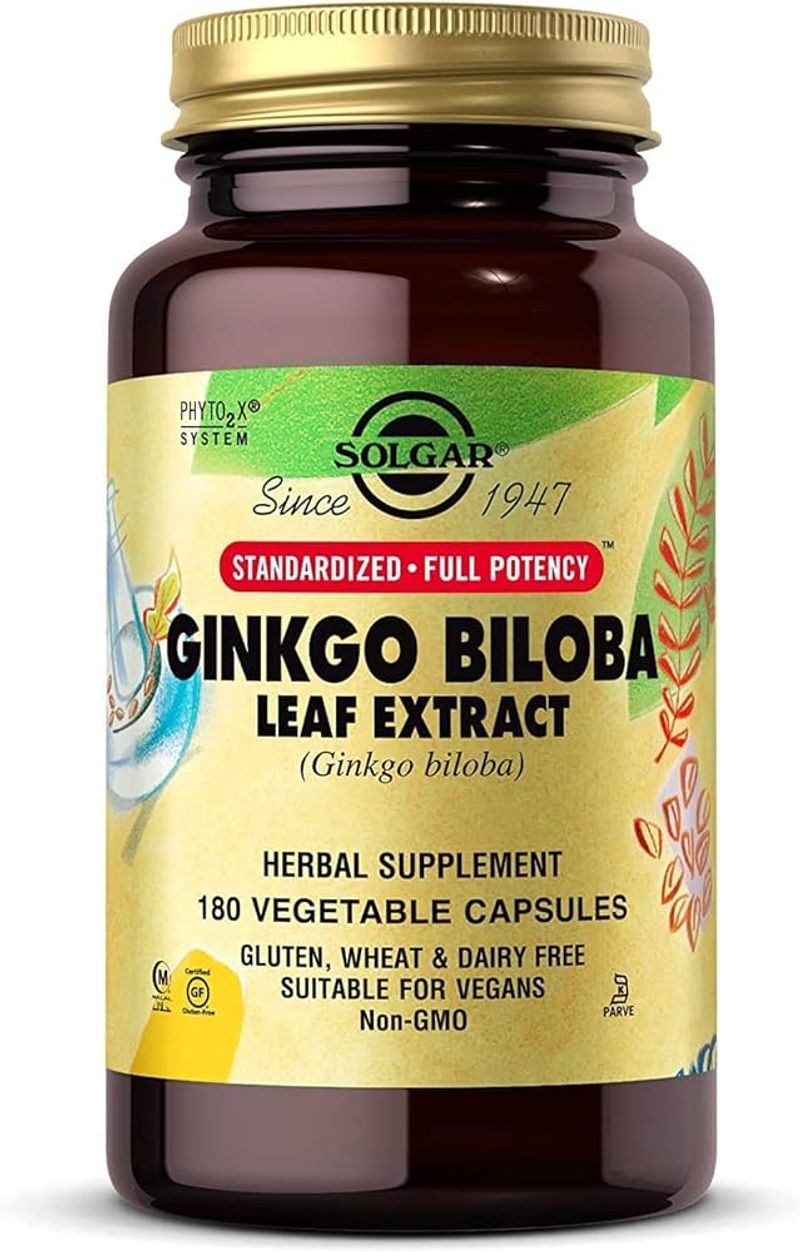
Often touted for memory enhancement, Ginkgo Biloba has roots in ancient medicine. However, recent studies reveal inconsistent results, especially among healthy adults. While some research shows minor improvements in cognitive function, the evidence isn’t strong enough for a definitive endorsement. Moreover, the impact varies significantly from individual to individual.
The promise of sharper focus and better memory sounds appealing, but the scientific backing remains weak. Despite its popularity, experts caution against over-reliance on these supplements for cognitive health. Instead, a balanced diet and lifestyle might provide more reliable benefits.
For those intrigued by ancient remedies, Ginkgo offers a fascinating history, yet its modern-day efficacy is questionable.
2. Coconut Oil
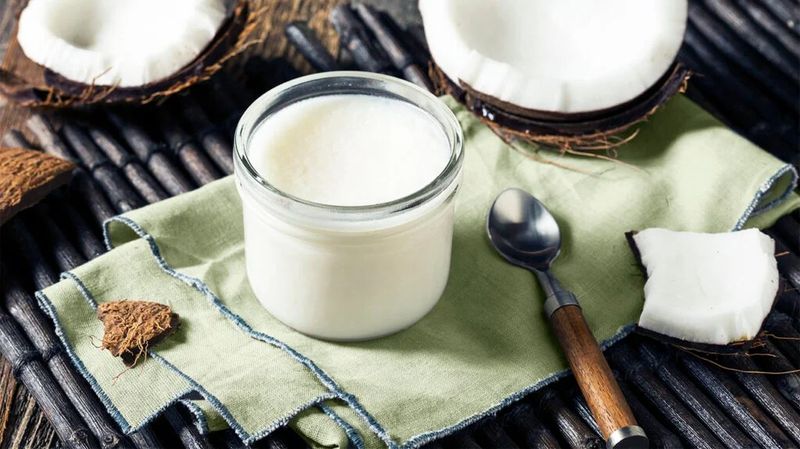
Coconut oil is often hailed as brain fuel due to its medium-chain triglycerides (MCTs). The theory suggests that MCTs provide a quick energy source for the brain. However, evidence supporting significant cognitive benefits is limited. Most studies are small and inconclusive, offering little more than speculative hope.
Moreover, coconut oil remains high in saturated fats, which can impact heart health negatively if consumed in excess. The allure of an easy brain boost may tempt many, yet moderation and skepticism are advised. For those seeking cognitive support, traditional omega-3 sources might offer more robust benefits.
While coconut oil’s popularity endures, its true value in brain health remains a topic of debate.
3. Multigrain Bread

The label ‘multigrain’ often conjures images of wholesome nutrition, yet not all multigrain breads deliver on that promise. While they may appear healthy, they often lack whole grains, essential for fiber and nutrient content. Many options are also high in sugar, detracting from their supposed brain benefits.
Consumers drawn to the idea of brain-boosting benefits may find themselves misled by clever marketing rather than genuine health advantages. Whole grain breads provide more substantial support for cognitive health due to their fiber content, which helps stabilize blood sugar levels.
When selecting bread for brain health, scrutinizing the ingredients can lead to wiser choices.
4. Energy Drinks

Energy drinks promise a quick alertness boost, but their long-term effects on brain health are concerning. Often packed with caffeine and sugar, the temporary spike in energy comes at a cost. Overconsumption can disrupt sleep patterns and lead to crashes, impacting focus and attention span negatively.
The allure of increased productivity may catch the eye of many, yet it’s a short-lived advantage. For sustained cognitive health, relying on more natural energy sources is advisable. Green tea or a balanced diet might offer a steadier path to mental clarity.
While energy drinks symbolize modern life’s fast pace, they aren’t the ideal fuel for brain longevity.
5. Processed ‘Protein’ Bars

The convenience of protein bars appeals to many looking for a quick snack or meal replacement. However, those marketed as ‘brain fuel’ often contain additives and sweeteners that overshadow any nutritional value. While they may offer a protein boost, it’s often accompanied by artificial ingredients.
The promise of supporting cognitive health through these bars is largely unsubstantiated. For genuine brain benefits, whole foods with natural, balanced nutrition are preferable. Fresh fruits, nuts, or yogurt can offer more sustained mental support.
As a convenient option, protein bars hold a place in busy lives, but their role as brain boosters is overstated.
6. Store-Bought Juice Cleanses

Juice cleanses often come with bold promises of detoxification and mental clarity. However, these store-bought options frequently contain high sugar levels and lack fiber, leading to potential blood sugar spikes and crashes. Rather than clear-thinking, they may leave one feeling sluggish.
The appeal of a quick health fix might attract those seeking cognitive enhancement, but the reality is more complex. A balanced diet rich in whole fruits and vegetables provides more reliable mental benefits.
While juice cleanses present an attractive, colorful image, the actual effects on brain health are often exaggerated.
7. Cheese (In Excess)
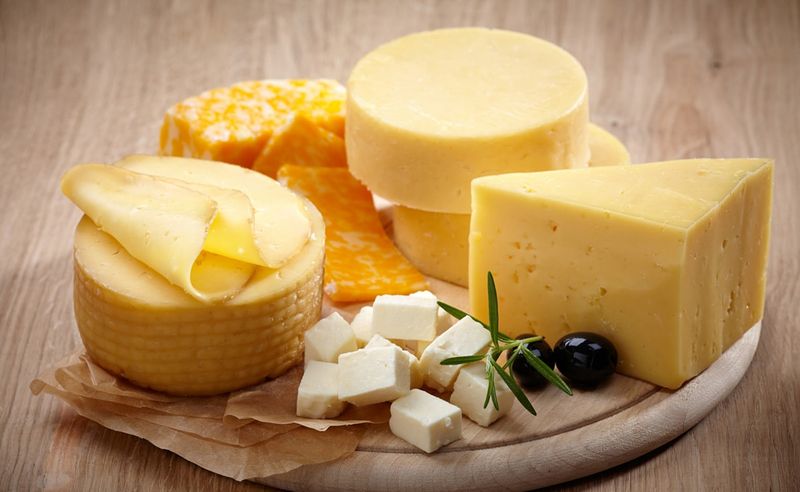
Cheese, in moderation, can be part of a balanced diet, offering choline and healthy fats. However, excessive consumption of processed cheeses has been linked to cognitive decline in some studies. The complex relationship between cheese and brain health requires careful navigation.
Those drawn to its rich flavors should be mindful of portion sizes and opt for natural cheeses. While cheese provides some brain benefits, such as supporting neurotransmitter production, overindulgence can counteract these advantages.
Cheese lovers can savor their favorites without guilt, as long as consumption remains balanced and mindful.
8. Low-Fat Everything

The trend toward low-fat diets might seem appealing for overall health, but completely cutting out fats can starve the brain of essential nutrients. Healthy fats are crucial for cognitive function, aiding in the maintenance of brain cell membranes and neuron communication.
While low-fat products promise health benefits, they often replace fats with sugars or additives, offering no real advantage for brain health. A balanced approach with healthy fats from sources like avocados or nuts is more beneficial.
Embracing fats in moderation can support both brain and body better than the low-fat alternatives that dominate many diets.
9. Fatty Fish (Salmon, Sardines, Mackerel)
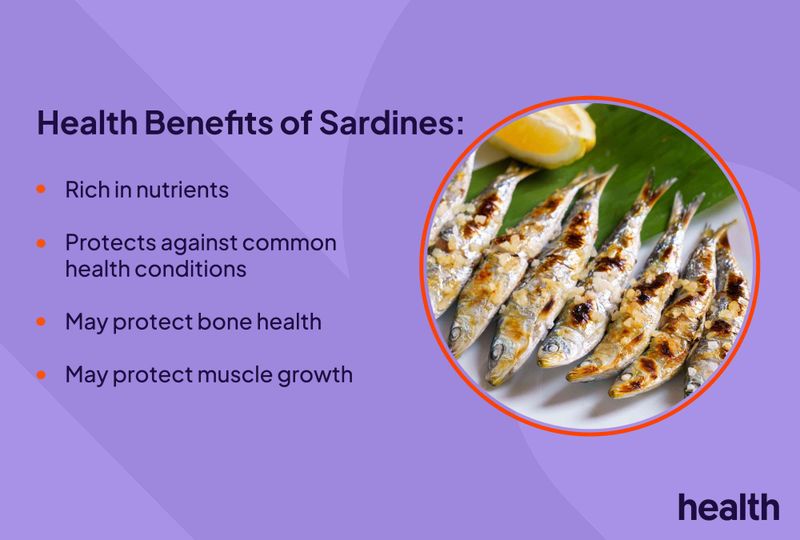
Fatty fish like salmon, sardines, and mackerel are celebrated for their omega-3 content, particularly DHA. These essential fats play a vital role in maintaining brain health. Studies connect regular fish consumption with slower cognitive decline, making it a staple in diets supporting aging brains.
The richness of flavor and nutrients makes fish a delight for both the palate and the mind. Incorporating these oily fish into weekly meals can enhance memory and brain function.
In regions where fish is a dietary staple, cognitive health benefits are notably higher, underscoring the importance of these oceanic foods.
10. Blueberries
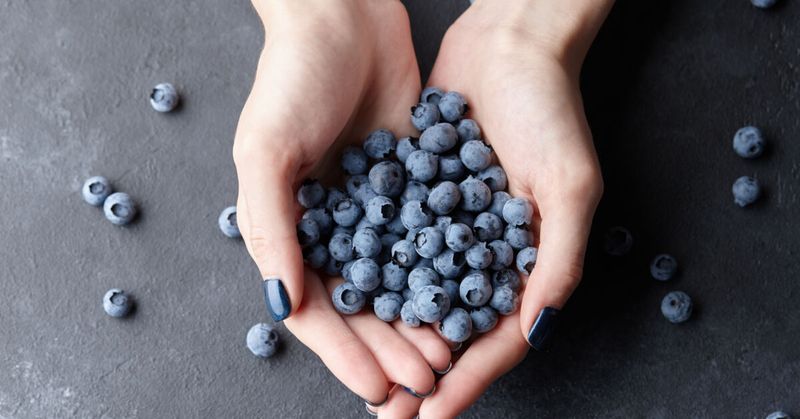
Blueberries, often labeled as a superfood, boast high levels of antioxidants, particularly anthocyanins. These compounds support brain health by combating oxidative stress and inflammation. Many studies suggest that regular consumption can delay brain aging and improve memory.
With their sweet, tart flavor, blueberries are a delightful addition to various dishes or enjoyed on their own. Their versatility and health benefits make them a favorite among those looking to enhance cognitive function naturally.
The small but mighty blueberry continues to earn its place as a top choice for boosting brain health through nature’s bounty.
11. Walnuts
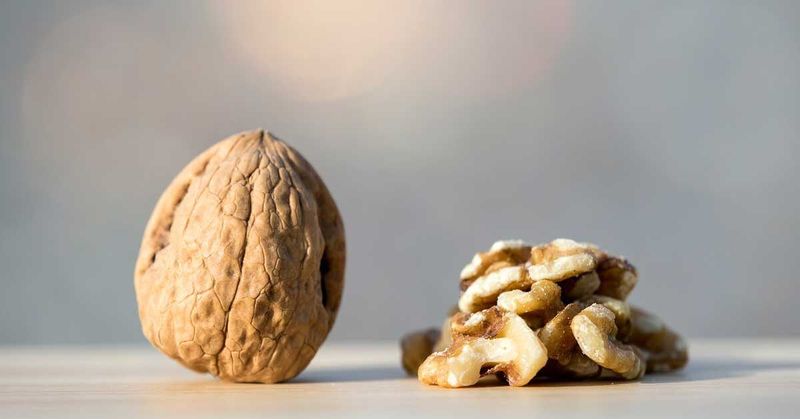
Walnuts stand out in the nut family for their significant omega-3 ALA content. Rich in polyphenols and vitamin E, these nuts are linked to improved cognitive function. Consuming walnuts regularly may enhance memory and protect against age-related cognitive decline.
Their unique brain-like shape has long been associated with mental benefits, and science backs this symbolism. A handful of walnuts can be a satisfying, nutrient-dense snack that supports brain health.
From ancient traditions to modern nutrition, walnuts have maintained their reputation as a brain-boosting powerhouse.
12. Leafy Greens (Spinach, Kale, Swiss Chard)

Leafy greens are nutritional powerhouses, loaded with folate, vitamin K, and lutein. These nutrients are known for supporting cognitive health, particularly in slowing mental aging and enhancing memory retention. Regular consumption of greens like spinach and kale can provide a protective effect on the brain.
Their vivid colors and fresh taste make leafy greens a versatile addition to various dishes. Whether in salads or smoothies, they bring both flavor and health benefits.
Incorporating these greens into daily meals can contribute to a sharper mind and vibrant life.
13. Eggs

Eggs provide a rich source of choline, crucial for neurotransmitter production and memory support. This often-overlooked nutrient plays a significant role in brain health, particularly as we age. Regular consumption of eggs can help maintain cognitive function and mental clarity.
The simplicity and versatility of eggs make them a staple in many diets. From breakfast to baking, they offer both culinary and nutritional benefits.
Incorporating eggs into meals provides an easy and effective way to support brain health with minimal effort.
14. Turmeric (Curcumin)
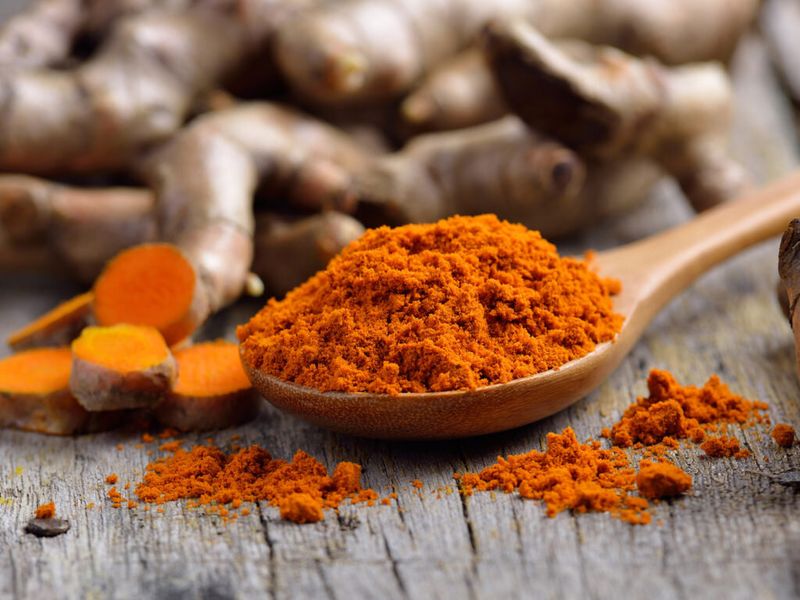
Turmeric, with its active compound curcumin, is renowned for anti-inflammatory and antioxidant properties. Studies suggest regular consumption might reduce cognitive decline, especially when paired with black pepper to enhance absorption. Its golden hue and earthy flavor add both color and health benefits to dishes.
Curcumin’s potential to support brain health makes it a valuable addition to diets focused on aging gracefully. Whether in teas or curries, turmeric offers both culinary excitement and cognitive support.
The spice that once colored ancient fabrics now brightens our culinary landscape with potential brain-boosting benefits.
15. Pumpkin Seeds
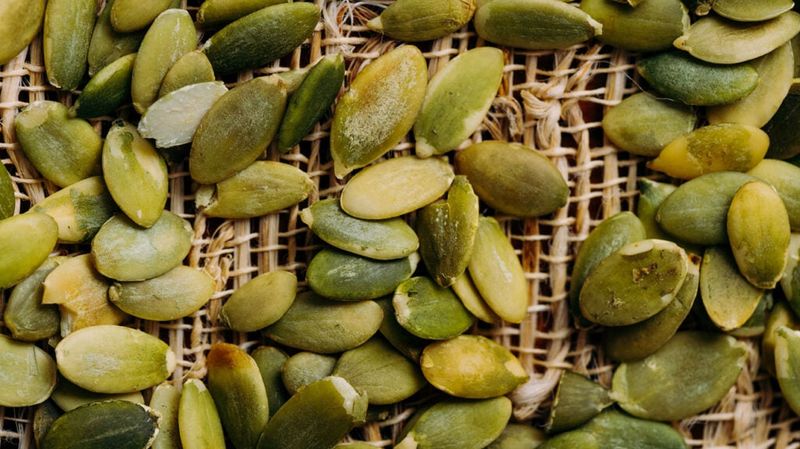
Pumpkin seeds are a compact source of vital nutrients like magnesium, iron, zinc, and copper. These minerals play crucial roles in brain signaling and mood regulation, making pumpkin seeds a valuable addition to any diet focused on mental wellness.
Their nutty flavor and crunchy texture make them a delightful snack or salad topping. The nutritional density of pumpkin seeds supports both brain health and overall vitality.
Incorporating pumpkin seeds into daily meals provides a simple yet effective way to boost cognitive function naturally.
16. Green Tea

Green tea, known for its calming properties, brings together L-theanine and moderate caffeine. This combination promotes focus and calm alertness, providing mental clarity without the jittery crash of coffee. Regular consumption supports memory and cognitive health with a gentle touch.
The soothing ritual of sipping green tea can enhance daily mental wellness, offering both relaxation and a subtle energy boost. Its origins in ancient traditions make it a timeless choice for those seeking balance and focus.
Green tea’s delicate blend of flavors and benefits continues to captivate tea enthusiasts worldwide.
17. Dark Chocolate (70%+ cacao)
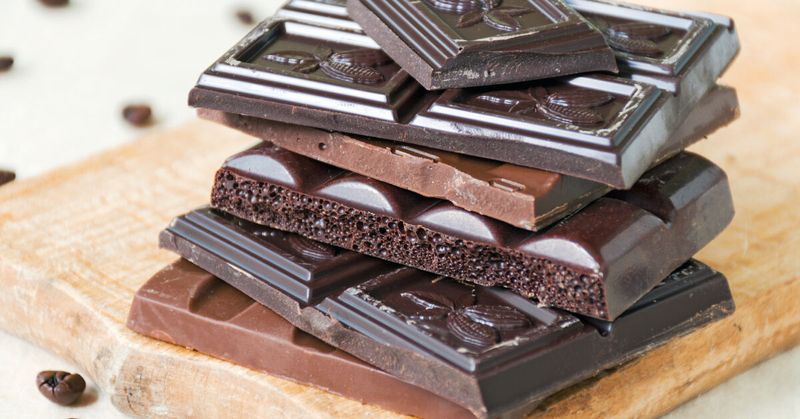
Dark chocolate, particularly with 70% or more cacao, offers flavanols that enhance blood flow to the brain. This may improve memory and reaction time while also lifting mood. The rich, indulgent taste makes it a delightful treat with potential cognitive benefits.
Moderation is key, as too much sugar can negate the positive effects. A small piece of high-quality dark chocolate can provide a satisfying and healthful indulgence.
For those who savor life’s simple pleasures, dark chocolate offers a rewarding experience that supports both brain health and overall joy.
